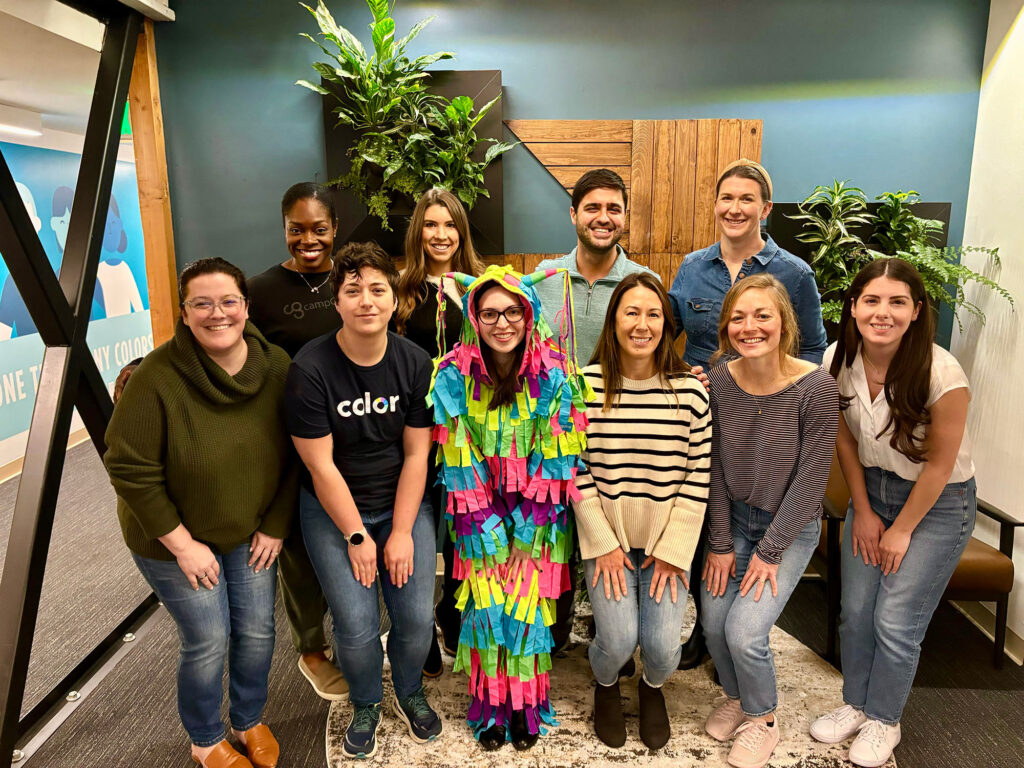News & Articles
Color supports ACOG position to increase access to genetic testing
Lauren Ryan
At Color, we want to help you live the healthiest life that science and medicine can offer. We’re starting towards this goal by making genetic testing for common hereditary conditions, cancer and high cholesterol, more accessible by lowering the price and simplifying the testing process. By providing women and men more information about their risks in the future, they can take steps today to potentially lower those risks and take control of their health.
Genetic information can be complicated and can sometimes bring up difficult emotions. It’s very normal to worry about things like cancer or heart attacks, and it’s important to know the benefits and limitations of any test before you take it. That’s why every Color test is physician-ordered, and involves access to a board-certified genetic counselor at no charge to help answer your questions and support you in taking action on your results.
Unfortunately, the road to increasing access to genetic testing in a responsible way has many barriers. Genetic counselors are in short supply, especially in rural areas where healthcare disparities are highest, and we are covering an exponentially expanding number of tests and topics. As others have suggested, helping general practice physicians better understand how to facilitate genetic testing for their patients can address some of these access issues. But it’s still important to remember that genetic testing has complexity and specialists like genetic counselors are extremely valuable. As such, we also need to increase the number of genetic counselors who are entering and retained in the workforce each year to meet the ever-increasing demand.
Additionally, because the cost of genetic testing has historically been in the many thousands of dollars, insurance companies have strong restrictions around who will qualify, and have recently implemented processes to apply for prior authorizations that shifts a large burden to the ordering providers. While some genetic counselors may have the ability to spend more time on follow up tasks like prior authorization requests, others see patients in 15-minute time spots all day every day. Data has shown that this time consuming prior authorization process obstructs access to testing by introducing an additional point of friction between the patient and the test itself.
To that end, the American College of Obstetricians and Gynecologists (ACOG) has recently released new guidance opposing the requirements from some insurance companies mandating pre-test genetic counseling by a specialist and laborious prior authorizations to be submitted by the ordering provider. As they state, “these initiatives will prevent women from receiving needed care.” In other words, genetic testing can sometimes provide life-saving information, and adding barriers to accessing this information causes harm to patients, especially those from rural areas and in time-sensitive medical issues (for example, pregnancy, or a new cancer diagnosis). Color supports ACOG’s position, and is committed to offering high quality, physician-ordered genetic testing at an affordable price, with access to genetic counseling included. The only way to make sure all women and men can use their essential health information to live healthier lives is to continue to tackle those barriers, and we are up for the challenge!



